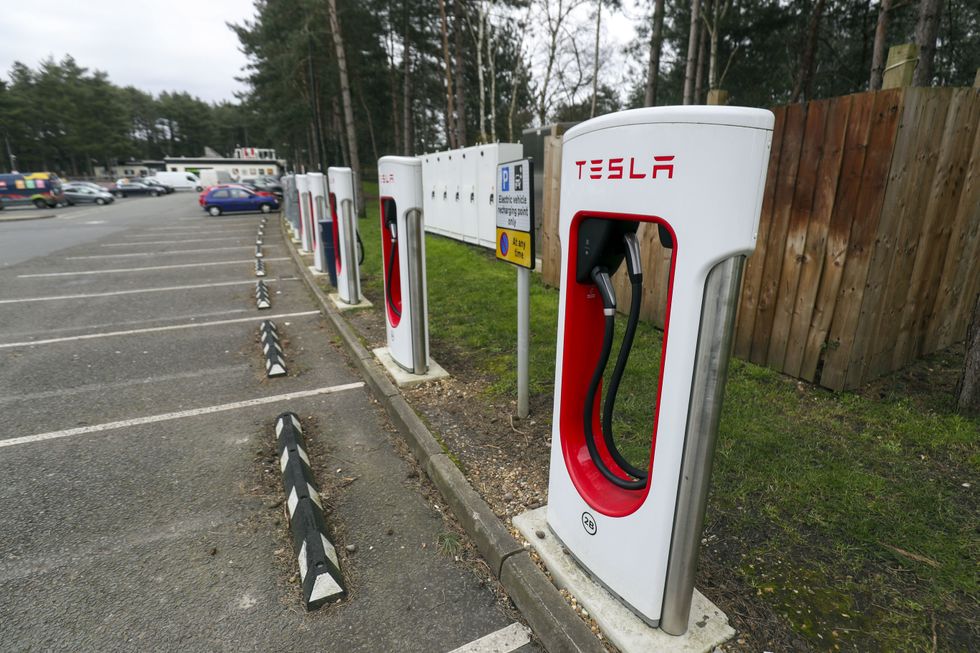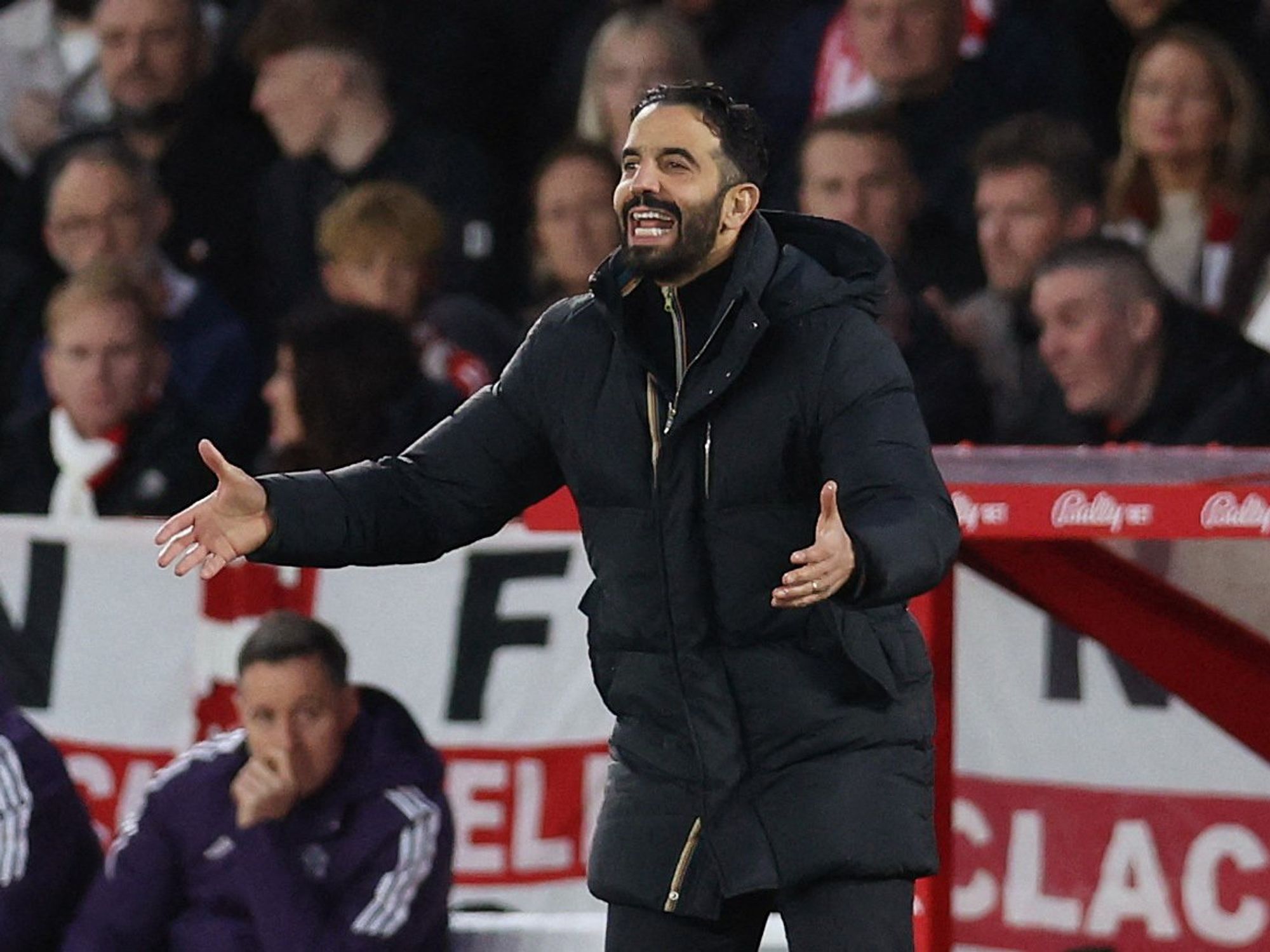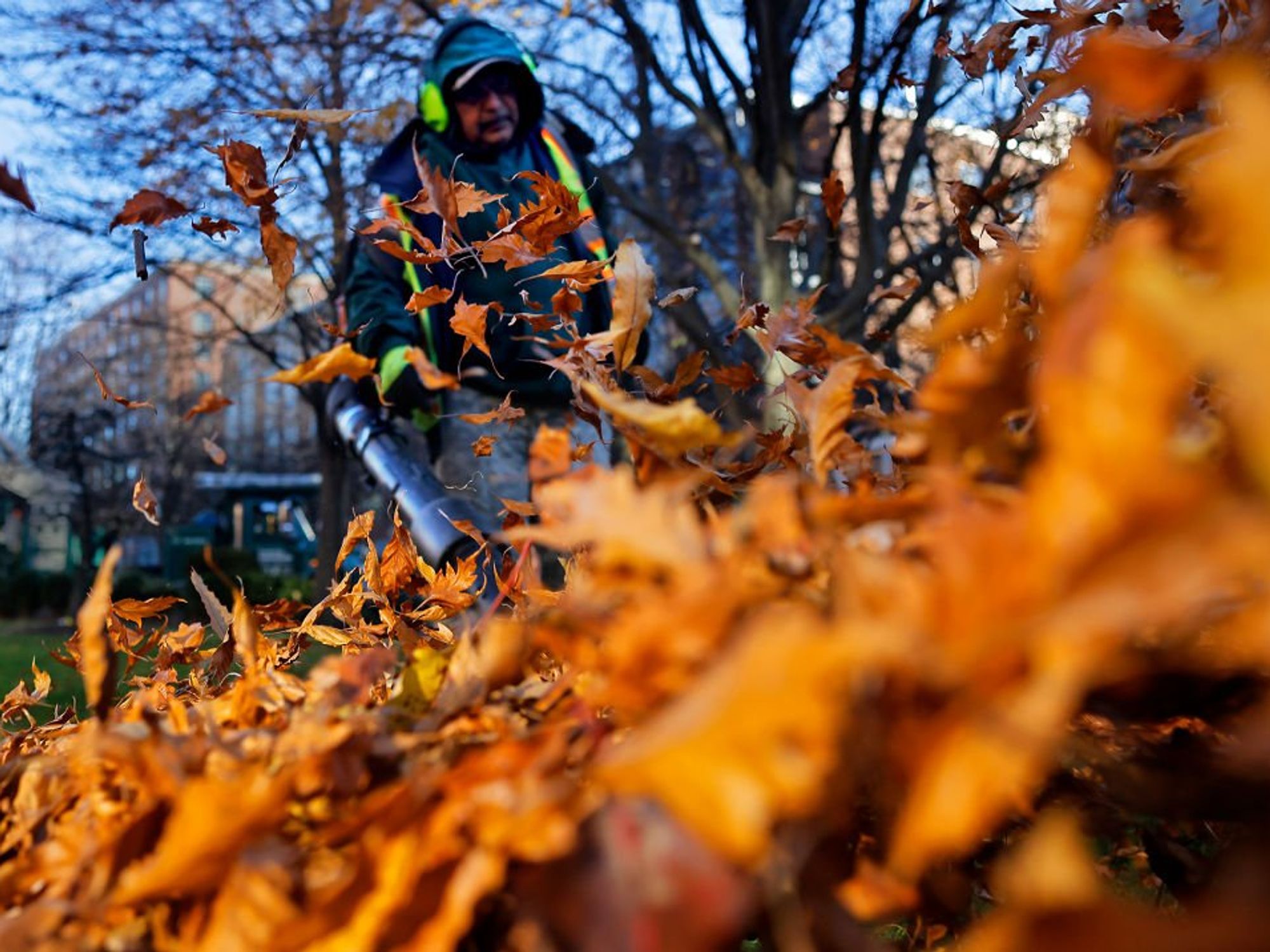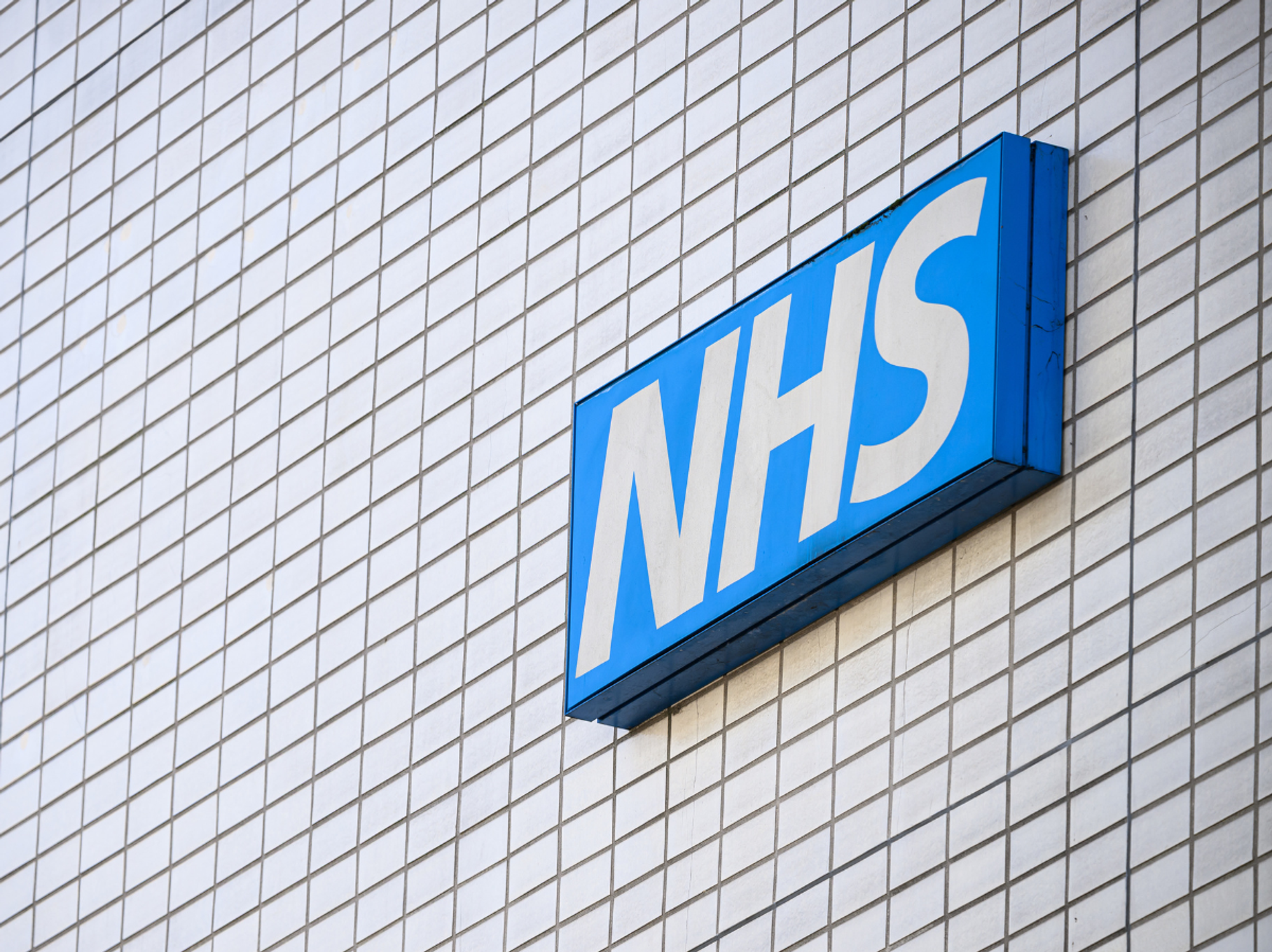EV RAGE: Marshals called in to police charging rows as drivers 'angry and stressed' at stations

One expert has warned that incidents will continue to occur unless more chargers are installed
Don't Miss
Most Read
Marshals have been called in to mediate and police “charge rage” between electric car drivers at motorway service stations across the UK.
EV owners are becoming “very angry and stressed” when waiting for a charging station to be made available which can sometimes take a long time.
The boss of one of Britain’s largest motorway service stations has warned that EV chargers are facing a growing rate of “public disorder” because of a lack of chargers.
Ken McMeikan, chief executive of Moto, said chargers cannot be installed quickly enough because of a lack of connections to the power grid.
WATCH NOW: Furious electric car reaction
He added that drivers were facing long waits, leading to the rise in “charge rage”, with some instances of motorists confronting staff and other drivers.
The latest data from Zapmap shows there are 48,450 public electric car charging devices across more than 29,000 locations.
However, the Government estimates that 300,000 EV chargers will be needed by the end of the decade to cope with the number of zero emission vehicles on the road.
At Christmas last year, queues were seen at a number of charging stations across the UK with drivers waiting up to six hours.
Mike McMeikan said that Moto had already introduced marshals at service stations in Exeter, Rugby and Wetherby to manage queues and prevent anger from motorists.
He has warned the Government that growing discontent could rise in the future unless more is done to install more chargers around the country.
Speaking to The Sunday Telegraph, he added: “What I've been saying to them is that the grid does not have sufficient capacity, now, to deliver the power we need at the time we need it.
“If we don't get that amount of power, guaranteed, then in coming years every Christmas, every Easter, every summer holiday and peak bank holidays, will be the equivalent of when we have a fuel crisis on petrol and diesel.
“There is a view in Government that, rather than provide the power to guarantee sufficient numbers of chargers, we should be thinking about how we manage queues.”
It is estimated that 96 per cent of motorway service areas have charging available with the Government investing more than £2billion to help the transition to EVs.
A number of motoring organisations and charge point operators have called for better planning and management of EV charging infrastructure which would allow motorists to have confidence in electric cars.
James Court, chief executive of the Electric Vehicle Association for England, said: “Investors are keen to get going and we shouldn't need huge government investment now with private companies leading the way, yet we do need a clear plan from the Government, as well as reform on planning and connection.”
Most EV charge point operators have policies in place to charge drivers extra if they overstay once their vehicle is fully charged.
When using the Tesla Supercharger network, drivers may need to pay an idle fee, with drivers paying 50p per minute once they have a full battery.
LATEST DEVELOPMENTS:

Drivers can be charged extra if they overstay at Tesla Superchargers
|PA
However, this will increase to £1 per minute when the charging station is 100 per cent full, with drivers being alerted to the additional fees through the Tesla app.










